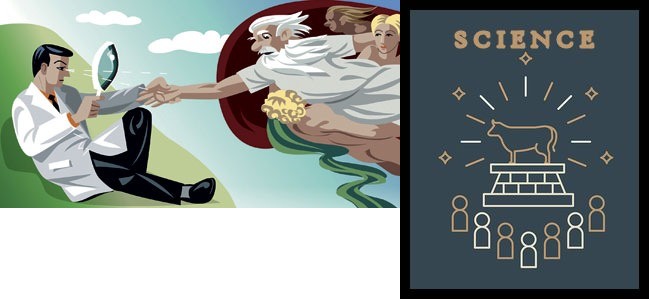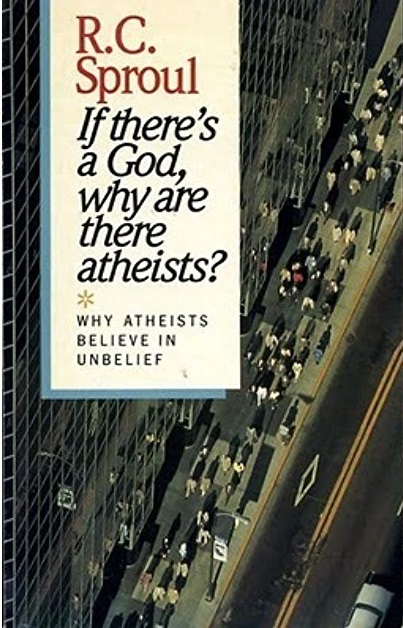
Science as Sacred Cow
Science is an amazingly successful discipline, but in recent times it has been distorted into ‘scientism’ which asserts that science is the ultimate discipline that is capable of describing all reality. Science has become the measure of all truth and the only reliable path to true knowledge about reality and the nature of things. For scientism, any truth claim must be analyzed and tested according to the ‘scientific method’ before it can be accepted. Conversely, anything that cannot be explained by science is not worth pursuing. In short, science has been elevated as a sacred cow for modern society.
However, scientism is subject to several criticisms. First, the claim of scientism is just a claim. It is a self-refuting claim as it is in principle not open to scientific verification. Second, scientism simply ignores the unresolved “hard problems” of knowledge such as the nature of consciousness and how we can know about other minds, the origin of the universe and the origin of life, and the fundamental laws of nature, which suggest there are limits to scientific explanation. Presumably, all reality does not include problems that seem intractable to scientific explanation. Continue reading “The Scope and Limits of Science: A Response to Scientism – Science & Christianity: Part 3/6”



 Scientific inquiry proceeds with the presupposition that nature is an orderly structure which is intelligible to the human mind. How is this coherent interaction between the human mind and the natural order possible? What is the origin and nature of human reason? For simplicity, I shall just focus on two dominant paradigms addressing these questions:
Scientific inquiry proceeds with the presupposition that nature is an orderly structure which is intelligible to the human mind. How is this coherent interaction between the human mind and the natural order possible? What is the origin and nature of human reason? For simplicity, I shall just focus on two dominant paradigms addressing these questions: